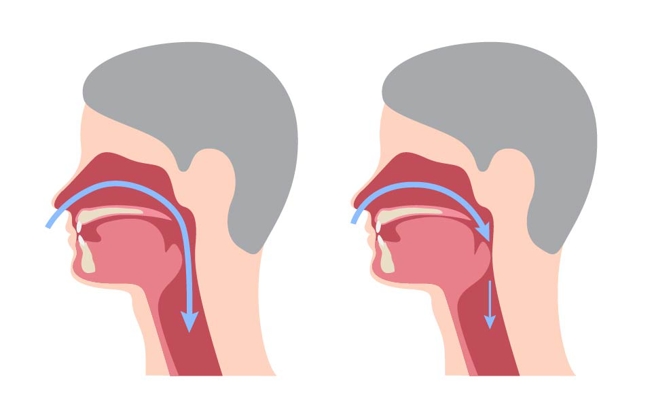A1C Levels and Preventing Type 2 Diabetes
- Posted On:

Managing Your A1C Levels to Prevent Diabetes
Type 2 diabetes is a chronic health condition affecting more than 34 million Americans. Additionally, about 88 million American adults have prediabetes, which means they have higher than normal blood sugar levels and are close to developing type 2 diabetes.
Fortunately, getting your blood sugar levels tested can help you and your doctor to develop a plan that can help you to prevent or delay type 2 diabetes from developing.
What is an A1C Test?
According to the CDC, the A1C test is a blood test that is used to measure your average blood sugar levels over the past three months. More often than not, this test is used for the diagnosis of both prediabetes and diabetes In other cases, this test can be used for those already living with diabetes to help their health care team to manage their chronic condition.
Understanding Your A1C Numbers
Your A1C levels are also presented as a percentage. When it comes to your A1C test results, the higher your average blood sugar levels, the more likely you are to develop diabetes and complications with the condition if you already have it.
Although there is no one-size-fits-all target percentage, the American Diabetes Association outlines the following as guidelines for diagnosis:
- Normal: Your A1C levels are less than 5.7%
- Prediabetes: Your A1C levels are between 5.7% and 6.5%
- Diabetes: Your A1C levels are greater than 6.5%
How You Can Lower Your Levels
If your lab work reveals that your levels are high and that you have prediabetes, you can work with your doctor to determine what lifestyle changes can help you to delay and even prevent the development of type 2 diabetes.
While your doctor may have more specific instructions to meet your specific health care needs, the following tip can help you to reduce your blood sugar levels:
- Aim to get 150 minutes of exercise each week
- Cut back on sodas, juices, and other sugary drinks
- Manage your stress levels
- Get the recommended 7-9 hours of sleep each night
- Maintain a healthy weight
Diabetes Care in Titusville
When it comes to diabetes and other hormonal disorders, it is essential that you find a specialist you can depend on for the best quality care. Parrish Medical Group Endocrinology is here to help. Our board-certified endocrinologist and specialized team have a proven quality and safety track record in the prevention, diagnosis, treatment of hormonal disorders ranging from diabetes to menstrual issues.
Learn more information about our endocrinological services today.



